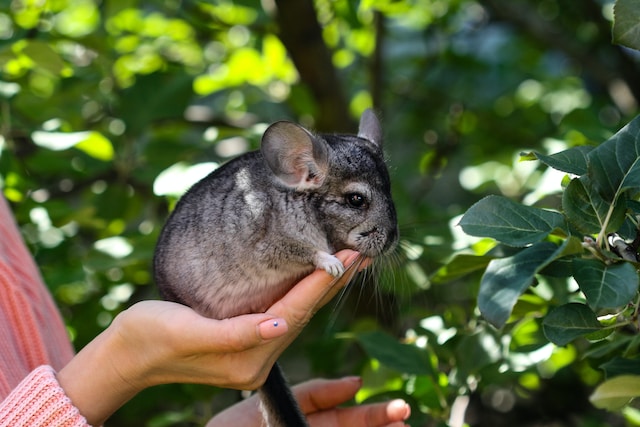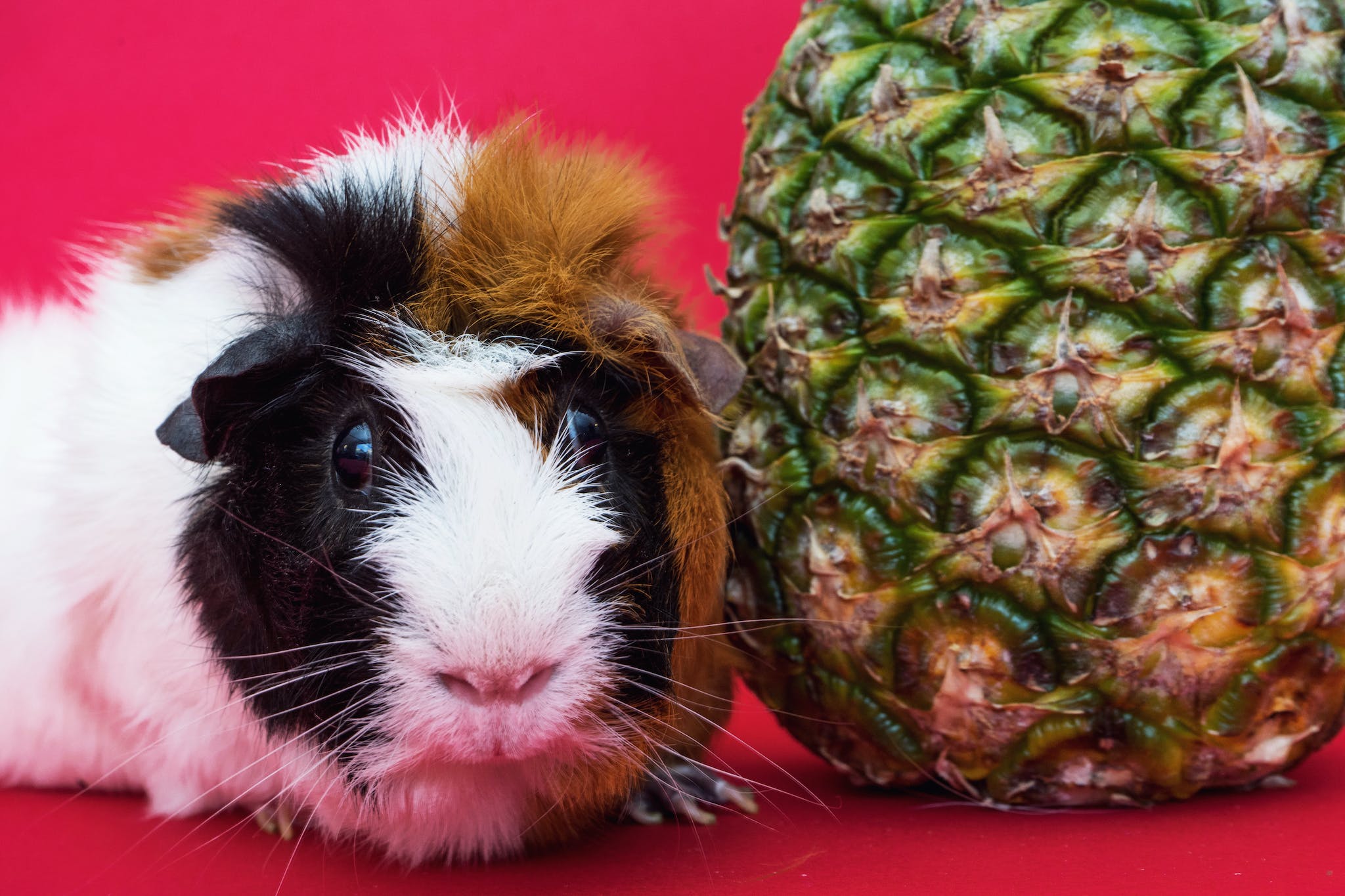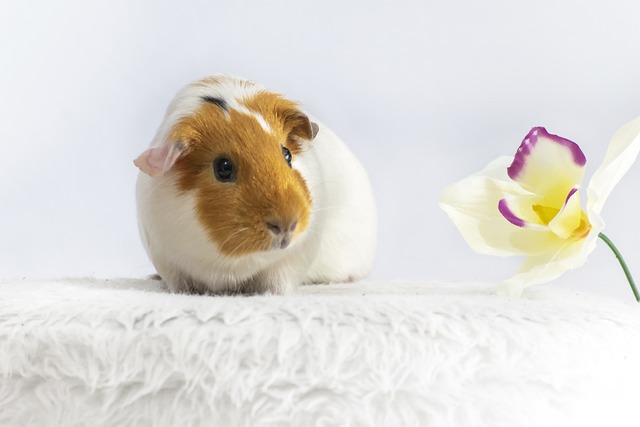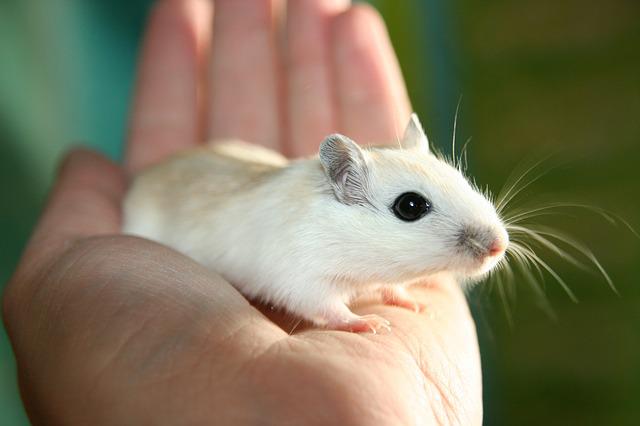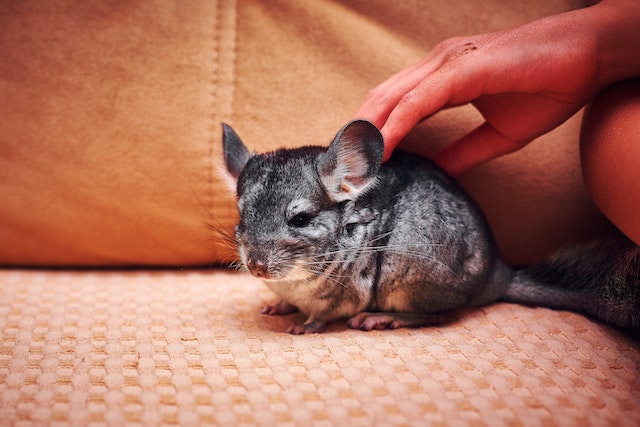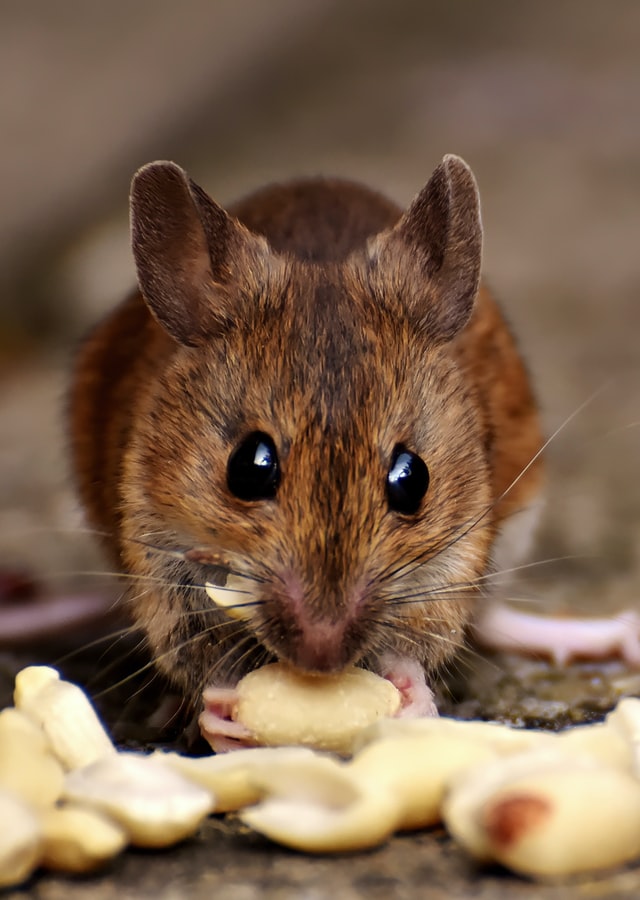Caring For Baby Chinchillas: Tips & Health Concerns
There are some affiliate links below, but they are all products I highly recommend. For more info, view my disclosure here.
Caring for baby chinchillas requires a lot of attention and effort, particularly for those who do not have a mother to care for them. Before bringing a baby chinchilla home, it is important to understand the factors to consider to ensure their safety and comfort.
This article aims to provide tips for setting up a safe and comfortable cage for baby chinchillas, as well as discussing potential health issues and the importance of seeking veterinary care.
When adopting a baby chinchilla, it is crucial to provide them with the appropriate environment that mimics their natural habitat. It is also important to understand their behavior and needs to prevent any potential health issues.
This article will cover various topics related to caring for baby chinchillas, including setting up a cage, common behaviors, and health concerns. By following the tips and guidelines provided in this article, individuals interested in caring for baby chinchillas can ensure a healthy and rewarding experience.
Adopting a Baby Chinchilla
The adoption of a baby chinchilla requires careful consideration of various factors. One of the most important factors to consider is the need for maternal care, as newborn chinchillas require their mother’s milk to survive. If the baby chinchilla is being adopted without a mother, extra precautions must be taken to ensure that the kit receives proper nutrition and care.
Additionally, some chinchilla babies may be born with health issues, making it essential to seek medical help from a veterinarian.
Another crucial factor to consider when adopting a baby chinchilla is appropriate cage settings. Baby chinchillas have weak and fragile limbs, and therefore require a cage with solid flooring to prevent injury. Additionally, the height of ledges and standing points should be kept low, as baby chinchillas love to climb and jump but may not yet have developed the necessary coordination. It is also important to use a cage with a narrow gap in between grills on the wall to prevent escape.
Finally, baby chinchillas should not be left out of the cage unsupervised, as they do not yet know how to take care of themselves.
Setting Up the Cage
When setting up a cage for a newborn chinchilla, it is important to consider the height of ledges and standing points, the flooring, and the gap in between grills on the wall to prevent escape.
Chinchillas are known for their love of climbing and jumping, but baby chinchillas have weak and fragile limbs, so it is important to keep the height of the ledges and standing points low. As the chinchilla grows, fanciful ledges can be installed to provide more opportunities for climbing and jumping.
Solid flooring is best for baby chinchillas, as flooring with holes or grills may cause injury to their limbs. The gap in between the grills on the wall of the cage should be very narrow to prevent escape.
It is also important to note that baby chinchillas do not know how to take care of themselves when they are out of the cage, so they should be supervised at all times.
By considering these factors, a safe and comfortable environment can be created for a baby chinchilla to grow and thrive in.
Health Issues and Treatment
One important aspect to consider when adopting a chinchilla baby is seeking medical help from a vet, as there are several health issues that may arise and require treatment.
Some chinchilla babies may be born with a congenital disease or malformation, such as dental issues, respiratory problems, or heart defects.
In addition, chinchilla kits can be prone to digestive problems, such as diarrhea or constipation, which can be fatal if not treated promptly.
Symptoms of these health issues may include loss of appetite, lethargy, difficulty breathing, or changes in bowel movements.
It is important to seek veterinary care as soon as possible if any of these symptoms appear, as chinchillas are sensitive animals that can deteriorate quickly if left untreated.
When seeking veterinary care for a chinchilla baby, it is important to find a specialized exotics veterinarian who has experience treating chinchillas.
Not all veterinarians are familiar with the unique needs of chinchillas, so it is important to do research and ask for recommendations from other chinchilla owners or breeders.
It is also important to provide the veterinarian with accurate information about the chinchilla’s age, diet, and living conditions, as well as any symptoms or changes in behavior that have been observed.
With proper veterinary care and attention, many health issues that chinchilla babies may face can be successfully treated, allowing them to grow into healthy and happy adult chinchillas.
